iNKs
Natural killer cells have an innate ability to selectively target cancer cells while leaving healthy cells unharmed. NK cells act through multiple mechanisms, such as cell lysis, secretion of proinflammatory cytokines and antibody-dependent cellular cytotoxicity (ADCC).
Shoreline’s iNK cells are genetically engineered for improved performance through the deletion of the gene encoding cytokine-inducible SH2 containing protein (CISH), a critical negative regulator of NK cell function. Our CISH knock out iNK cells are designed to enhance durability and activity for optimal performance in hematologic and solid tumor settings.
iMACs
Macrophage cellular immunotherapies are a largely untapped modality with significant therapeutic potential in a wide variety of disease indications from oncology to inflammatory disease and fibrosis. We are developing engineered anti-tumor macrophages, to change the tumor microenvironment and reset the anti-tumor immune response. Leveraging our expertise in iPSC modification and differentiation we are engineering iPSCs that can be differentiated into pro-inflammatory iMACs capable of killing tumor cells via phagocytosis and further stimulate an anti-tumor immune response through the secretion of pro-inflammatory cytokines and the presentation of tumor associated antigens.

